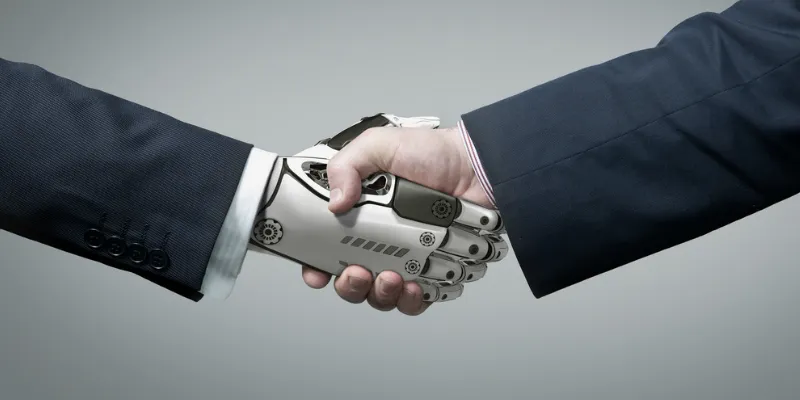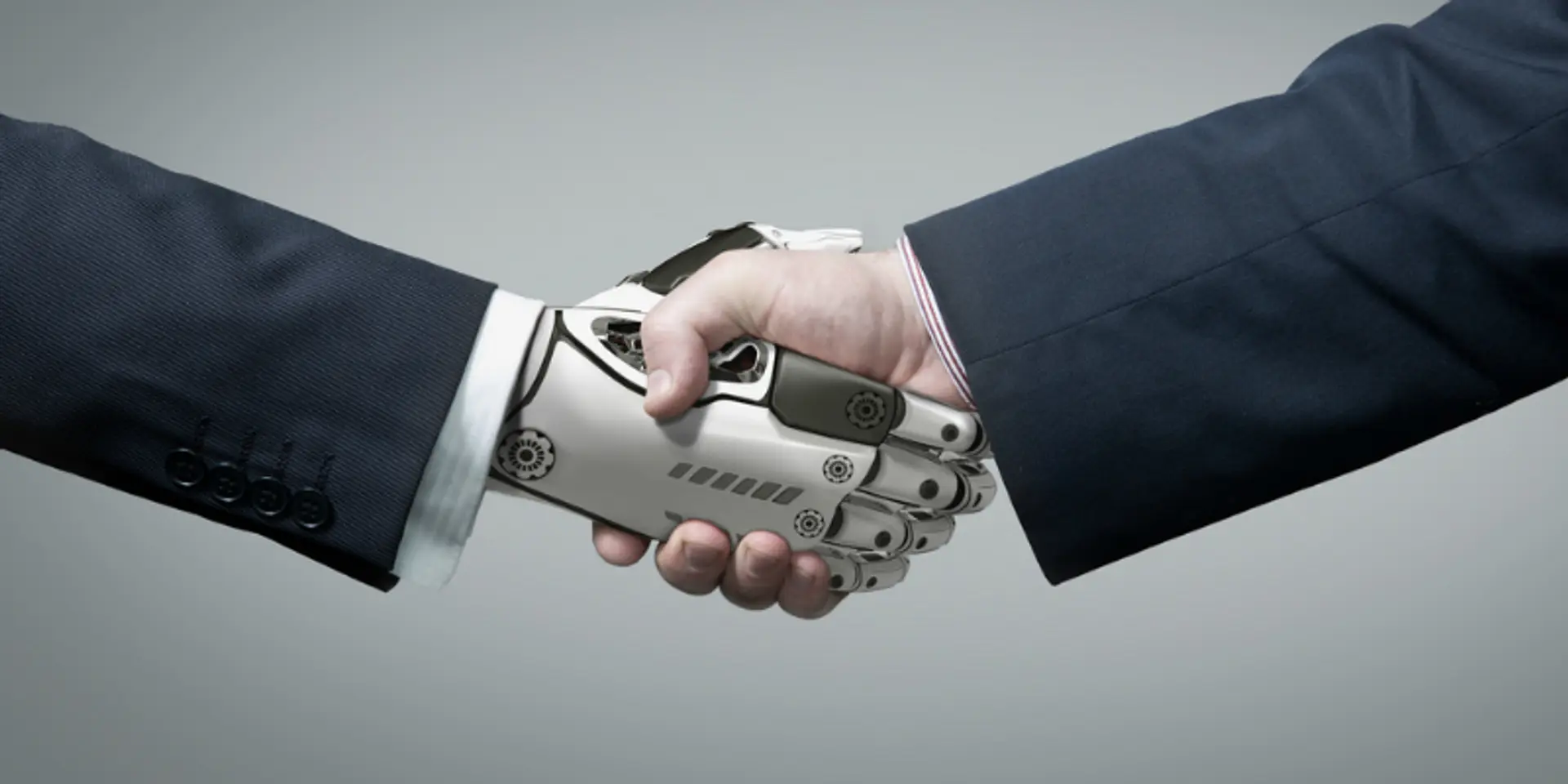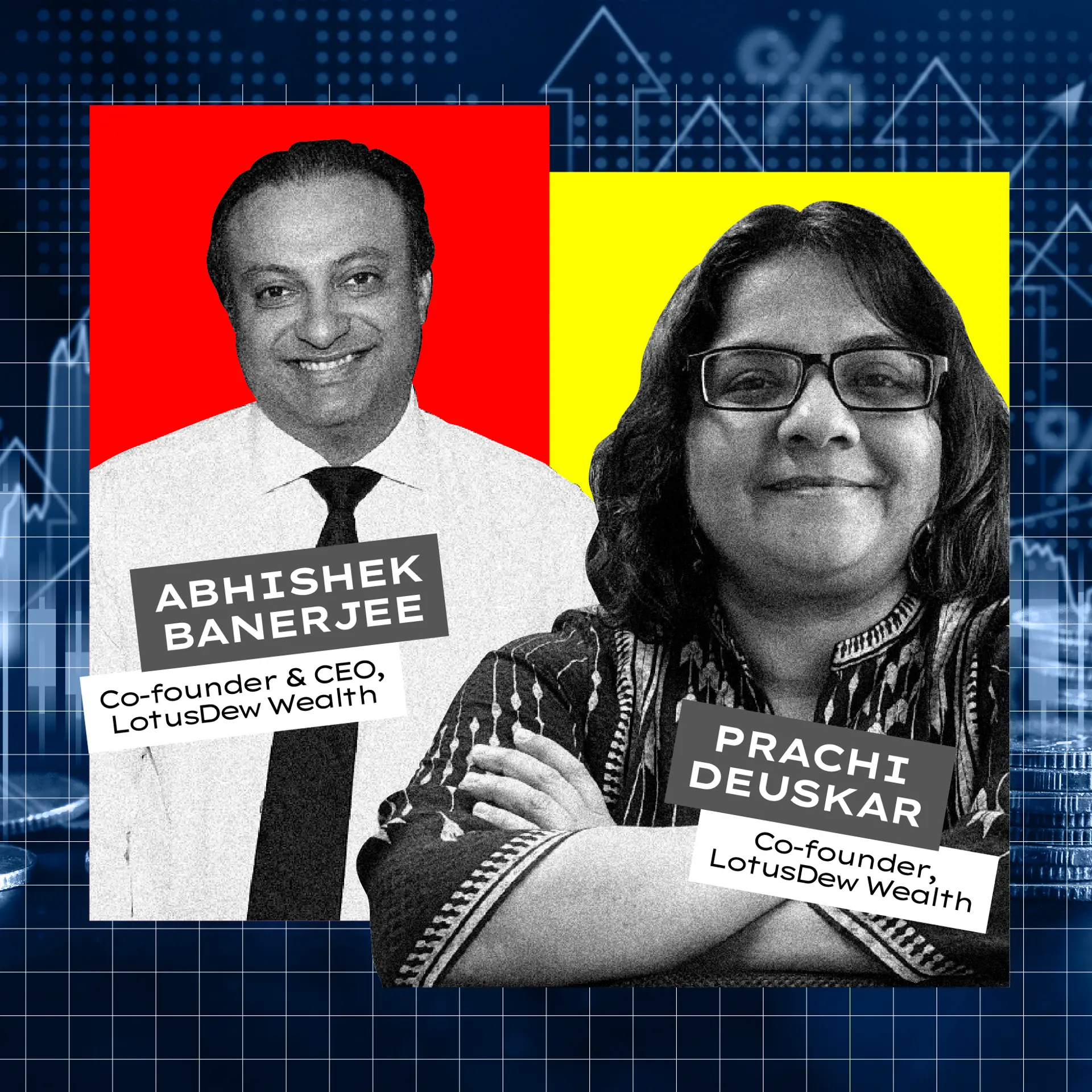Why Infosys is joining Elon Musk, Y Combinator and others in pledging $1 billion for OpenAI
In a blog post, recently, Greg Brockman, Ilya Sutskever and their team announced the formation of OpenAI, a non-profit artificial intelligence(AI) research company. The goal of the organisation is to “advance digital intelligence in the way that is most likely to benefit humanity as a whole, unconstrained by a need to generate financial return.” Vishal Sikka, MD and CEO of Infosys, is one of the advisors at OpenAI and, as a company, Infosys has pledged to support the initiative.

Image credit: Shutterstock
The OpenAI team believes that AI should be an extension of individual human will and it aims to make its research open source and easily accessible to the public.
The A-team behind OpenAI
OpenAI's co-chairs are Sam Altman (CEO of startup incubator Y Combinator) and Elon Musk (CEO of SpaceX, Tesla) with former CTO of Stripe Greg Brockman heading the tech team. Pieter Abbeel, Yoshua Bengio, Alan Kay, Sergey Levine, and Vishal Sikka are advisors to the group. The group's other founding members are research engineers and scientists: Trevor Blackwell, Vicki Cheung, Andrej Karpathy, Durk Kingma, John Schulman, Pamela Vagata, and Wojciech Zaremba.
OpenAI's research director is Ilya Sutskever, one of the leading experts in machine learning. The post also stated:
Sam, Greg, Elon, Reid Hoffman, Jessica Livingston, Peter Thiel, Amazon Web Services (AWS), Infosys, and YC Research are donating to support OpenAI. In total, these funders have committed $1 billion, although we expect to only spend a tiny fraction of this in the next few years.
The back story
In August 2014, Elon had tweeted that the world should be more careful about AI as it could prove to be more dangerous than nuclear power.
In the past few years, deep learning, an AI technique explored for decades, started achieving state-of-the-art results in a wide variety of problem domains. “In deep learning, rather than hand-code a new algorithm for each problem, you design architectures that can twist themselves into a wide range of algorithms based on the data you feed them.”
This approach has yielded outstanding results on pattern recognition problems, such as recognising objects in images, machine translation, and speech recognition. But they also started to see what it might be like for computers to be creative, to dream, and to experience the world.
Experts believe that because of AI's surprising history, it will be hard to predict when human-level AI might come within reach. So, when it does, it'll be important to have a leading research institution which can prioritise a good outcome for its own self-interest.
How OpenAI will work
AI systems today have impressive but narrow capabilities. The blog explained: “It seems that we'll keep whittling away at their constraints, and in the extreme case they will reach human performance on virtually every intellectual task. It's hard to fathom how much human-level AI could benefit society, and it's equally hard to imagine how much it could damage society if built or used incorrectly.”
As a non-profit, according to the blog post, OpenAI aims to build value for everyone rather than the shareholders. Researchers will be strongly encouraged to publish their work. The OpenAI team will also freely collaborate with institutions and expect to work with companies to research and deploy new technologies.
Earlier today, Vishal, in a post on the company’s blog, explained the backstory of why Infosys joined the OpenAI initiative.
“A few weeks ago, Marvin Minsky, one of the fathers of AI, made a few sobering statements about the state-of-the-art in AI. I felt sad listening to this giant lament the lack of fundamental progress in the field, and highlight some of the underlying causes. And this despite all the buzz and hype AI work has picked up lately,” he said.
Vishal then goes on to describe how Sam Altman was thinking about the idea of building an open ecosystem for, among other endeavours, AI. Alan Kay and Vishal shared their ideas and experiences with him. Sam explained how such an endeavour would be untethered and would produce results generally in the greater interests of humanity. Vishal adds, “He was somewhat surprised by my reaction, that indeed I would only support this venture if such an openness was a fundamental requirement! Our wish is that together, the OpenAI team will do unfettered research in the most important, most relevant dimensions of AI, no matter how long it takes to get there, not limited to just identifying dancing cats in videos, but to creating ideas and inventions that amplify our humanity, that help us learn more, perceive and understand more, and be more.”
Vishal added that two questions that he has been asked most in the last 24 hours were ‘Why open?’ and ‘Why Infosys?’
On whether it's more beneficial for deep AI to be accessible only to a few experts rather than the whole world, where chances of misuse will be more, Vishal noted, “Our trust in complex systems stems mostly from understanding their predictability, whether it is nuclear reactors, lathe machines, or 18-wheelers; or of course, AI. If complex systems are not open to be used, extended, and learned about, they end up becoming yet another mysterious thing for us, ones that we end up praying to and mythifying. The more open we make AI, the better.”
With over 150,000 software engineers, Infosys considers itself a unique beneficiary of and contributor to this endeavour. Vishal adds, “Most of our work is in building and maintaining software systems, and AI will increasingly shape the construction and evolution of intelligent software systems, in all kinds of domains and industries, from complex machinery to consumer behaviour, from medicine to energy. In addition, as a large services company, many parts of our work can transform fundamentally with AI.”
In services like infrastructure management, business process outsourcing, and verification and maintenance of existing software, companies could massively migrate mechanisable work to automation, and instead build intelligent software systems that amplify their workforces abilities, as well as those of their customers. “So a great transformation that we are undertaking at Infosys is to embrace automation at a very large scale... to educate ourselves in new areas to help build intelligent systems, and also to increasingly transform ourselves towards being innovators.”
The company's Infosys Science Foundation supports work in the pure sciences, encourages young computer science practitioners with their ACM Infosys Award and is currently working on many initiatives in the US. So beyond business reasons, OpenAI aligns with its long-held values.
Website: OpenAI







